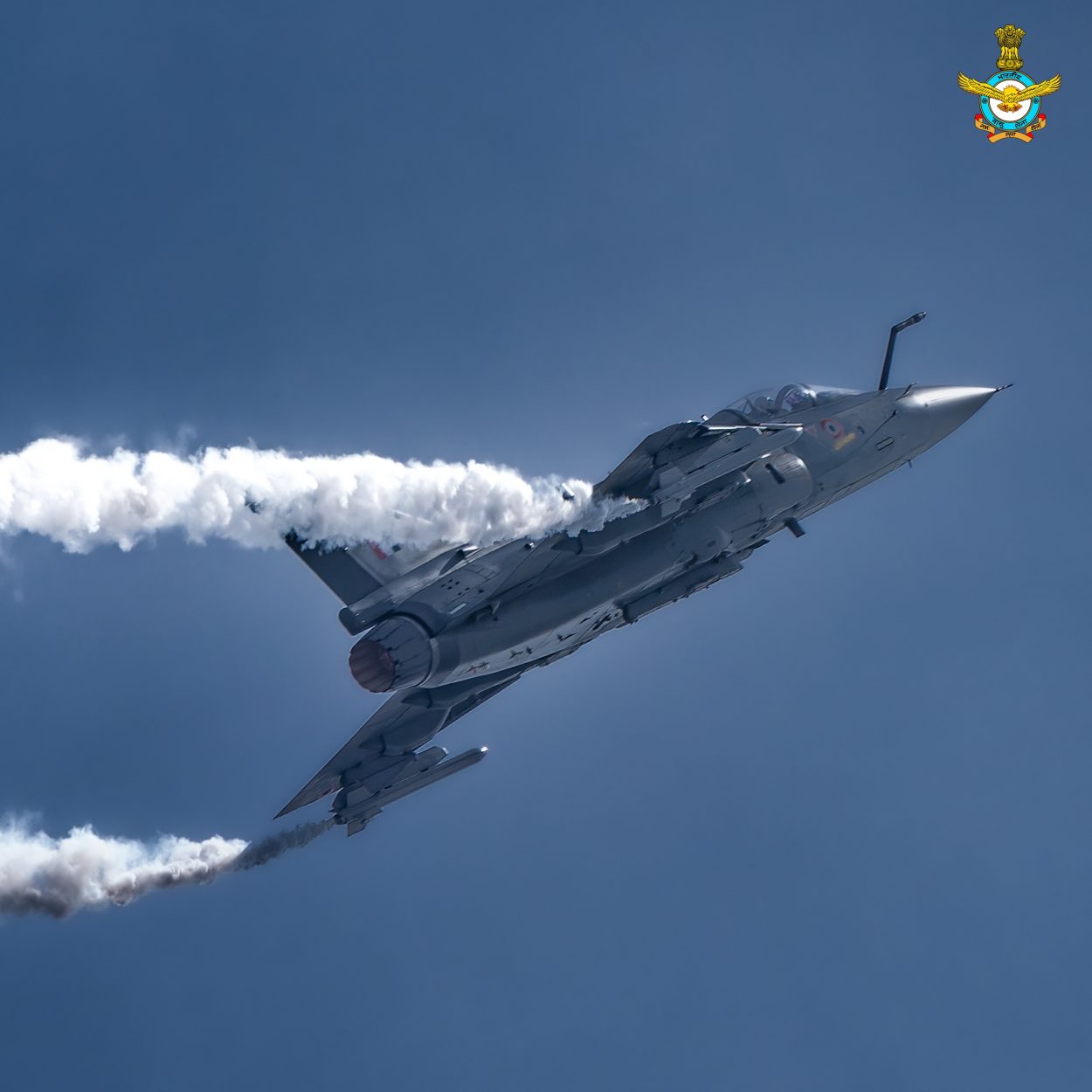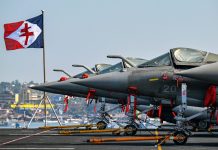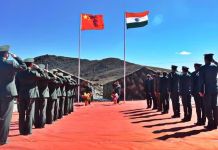OPED By Maj. Gen. (Dr) Ashok Kumar (Retd)
Though India remains one of the world’s largest arms importers, it is striving to emerge as a major defense exporter and sell its cutting-edge weapons, like Brahmos missiles, LCA Tejas, etc., to friendly nations.
This, in turn, has made the role of Indian defense attaches in embassies world over, extremely important.
The recent surge in defense imports may be attributed to an operational need arising due to the current situation at the LAC (Line of Actual Control), but it is likely to be reverted.
The imports will reduce due to renewed focus on the indigenization drive, and India will start climbing on the ladder of defense exports slowly but steadily.
Toward this, India has initiated multiple steps to include industry-friendly policies to facilitate defense exports with a target-linked approach which is challenging and ambitious but is still being primarily achieved.
In addition, India has decided to go global in a big way for defense exports with a particular focus on Indo-Pacific and the African continent, evident from the latest international defense expo held in Gujarat this year.
Defense Attaches To Promote Brand India
The country has now adopted a renewed strategy wherein it increased the number of defense attaches (DA) two years ago.
In a recent development, the charter of these defense attaches is being overhauled. They will now be instructed to focus on ‘defense exports’ against their conventional charter of ‘defense imports.’
This renewed charter not only bodes well for the Public Sector Undertakings (PSUs) in India but also for many private businesses that have the intent and capacity but have been looking for the facilitation of a government entity. This critical need will be institutionally filled by the renewed charter of the defense attaches.
In addition to the defense exports of the new equipment, these persons can also act as a catalyst for establishing Maintenance, Repair, and Overhaul (MRO) facilities in those countries, with Indians providing the nucleus support to train the personnel of the host nations.
In addition, they can also facilitate the MRO support for the defense equipment of the host nation in India and the host countries based on the complexity and economic viability.
The government’s decision is not only restricted to amendment in the charter, but for being effective, it focuses on the re-deployment of these resources where more focus is given to those countries where India has export potential.
The changing geo-political realities include the Russia-Ukraine war, the detente between the US-led NATO & Russia, the growing animosity between the US & China, Chinese actions on Indian borders, as well as increased hostilities in the Indo-Pacific.
These are some of the reasons why India has to increase its defense production, not only to meet its requirement but also to export the same to other friendly countries.

The rise in exports, especially in defense equipment, will be an effective tool of military diplomacy and substantially boost our defense manufacturing industry. In the process, the buyer countries will likely be more aligned with the Indian viewpoint in the region and international groupings.
This decision alone is, however, not a solution to this challenge in totality. In some countries, PSUs have placed liaison officers, and Indian Army training teams are functioning in certain countries.
Large defense manufacturers are also establishing/contemplating their footholds in those countries where they expect good business.
In addition to the new orientation given to the defense attaches, a whole national approach is needed wherein all these entities are synergized to achieve the national focus in the host nation.
The overlaps must be diminished, and the highest quality control standard must be exercised to make the ‘Brand India’ globally acceptable.
In addition to focussing on the defense exports, the synergized approach can look into the re-appraisal of the defense needs of the host country, suggest an equipping pattern, and MRO support to keep the exported defense equipment serviceable and mission reliable always and every time.
The documentation and training support can also be extended.
There should be no difference in the support provided whether the Indian exporter is a PSU or private entity. It is certain that with the renewed orientation of defense attaches the world over, India will not only announce its arrival on the world stage but will stay there for times to come.
- Major General (Dr) Ashok Kumar, VSM, (Retd), is a 1999 Kargil war veteran, visiting fellow of the New Delhi-based Centre for Land Warfare Studies (CLAWS), and defense & strategic analyst with a special focus on China. He tweets @ChanakyaOracle. VIEWS PERSONAL OF THE AUTHOR
- Follow EurAsian Times on Google News




